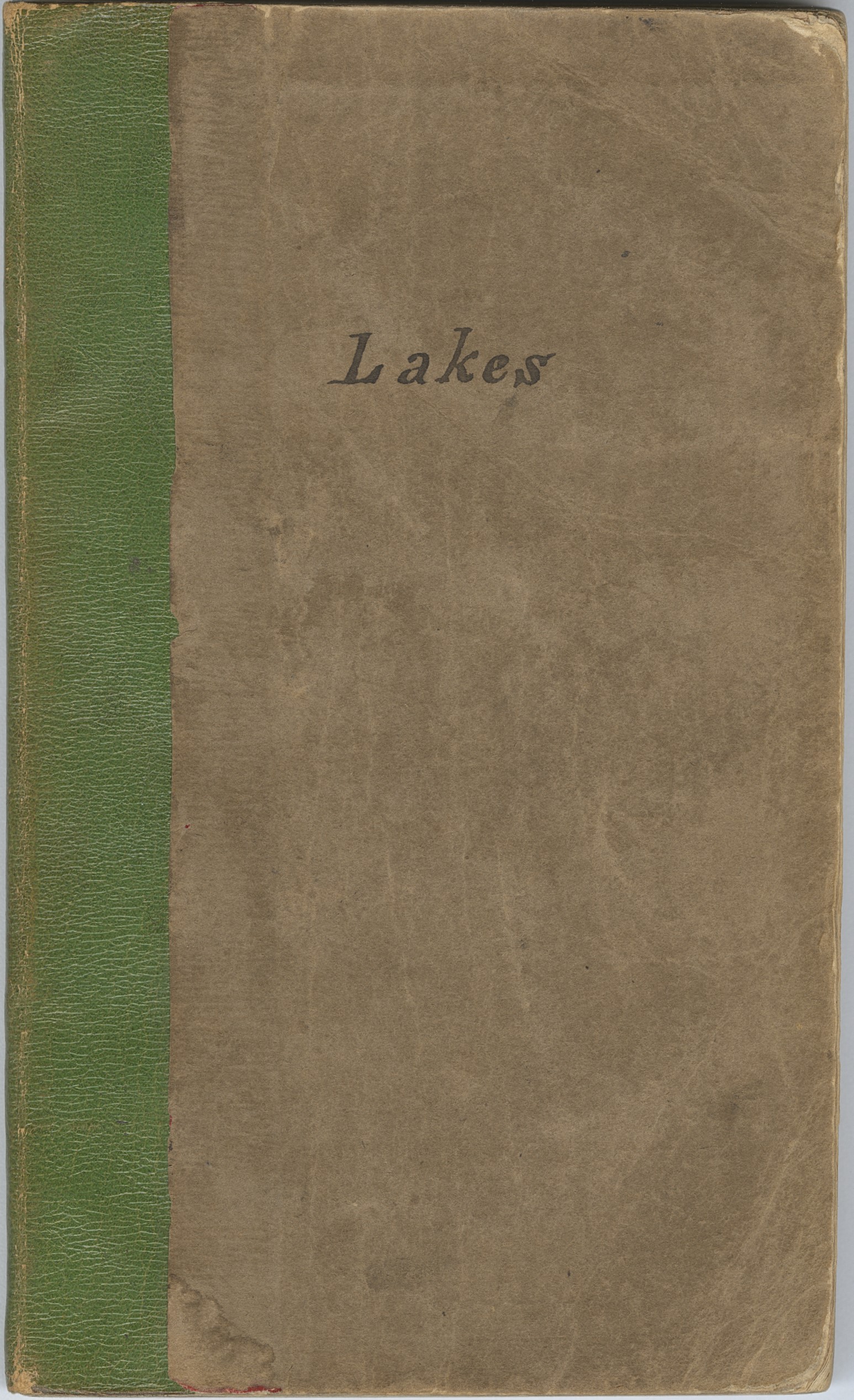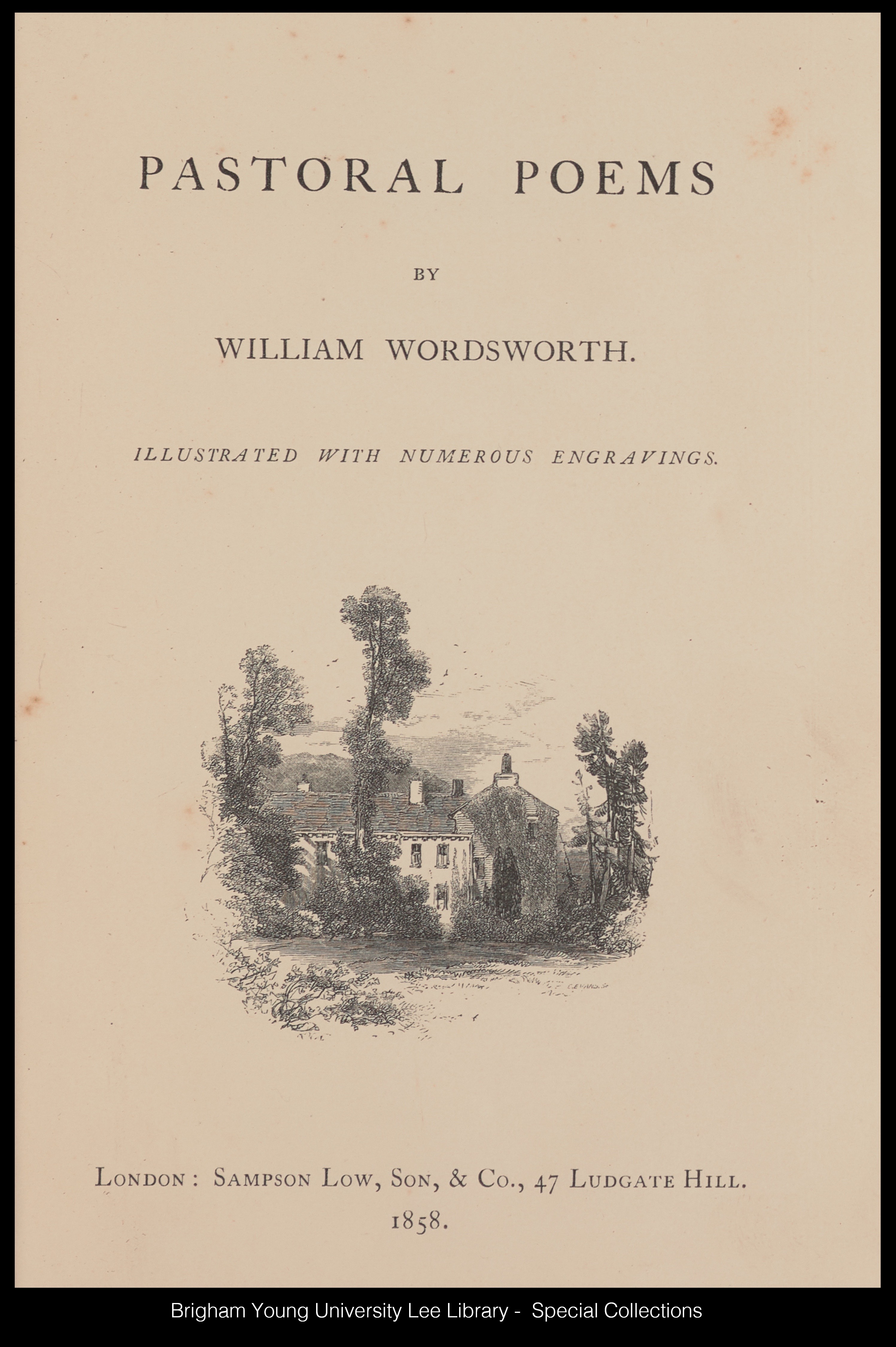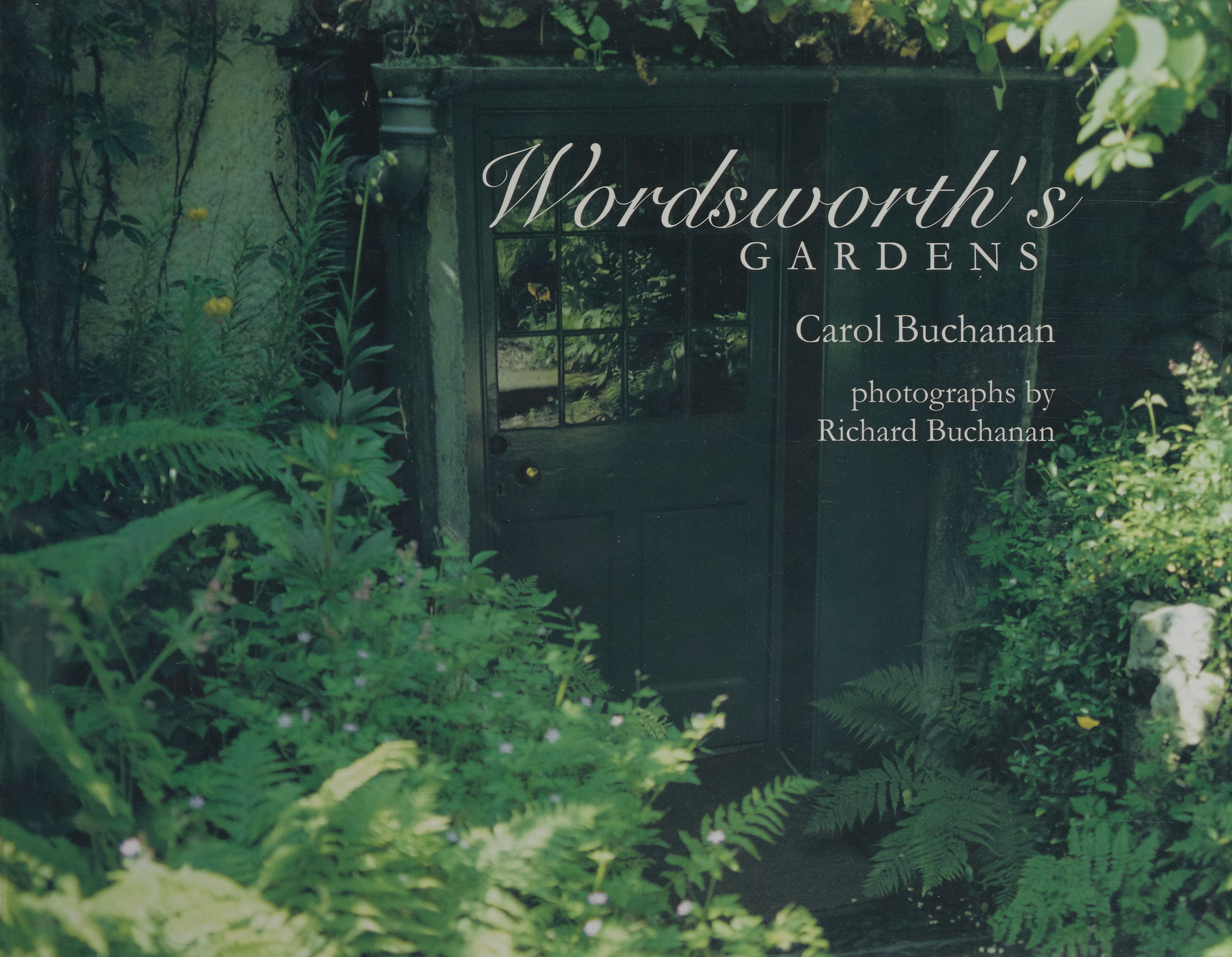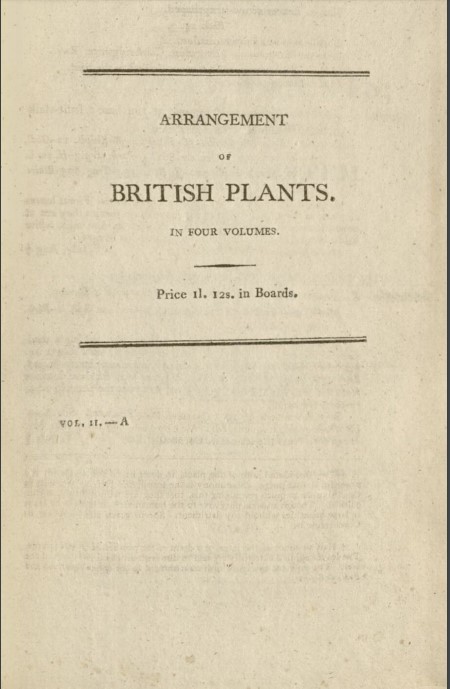Anyone who reads Romantic-era literature will notice the influence natural scenery had on the creativity of that period’s writers. William Wordsworth was especially well known for calling upon nature as his muse. His love for nature and his expression of that love through his writing were both moving and unique. As we celebrate the 250th birthday of William Wordsworth, it’s important to recognize that his relationship with the world around him was central to the literature he created—and to the influence he had on the generations that followed him. His poems call us to remember our relationship with the natural world and remember our responsibility for it. The world we live in is the same one that Wordsworth inhabited, yet today that world looks incredibly different. Have we done a good job of taking care of the world Romantic-era writers idolized and wrote about? Wordsworth’s memories and admonitions flow through us and become our own. His message is to convey the importance of nature and leads readers to ask, how can we honor the world in our own way?





This display case assembled by Alexandra Kennington, Lauralee Yount, and Matthew McCollum.